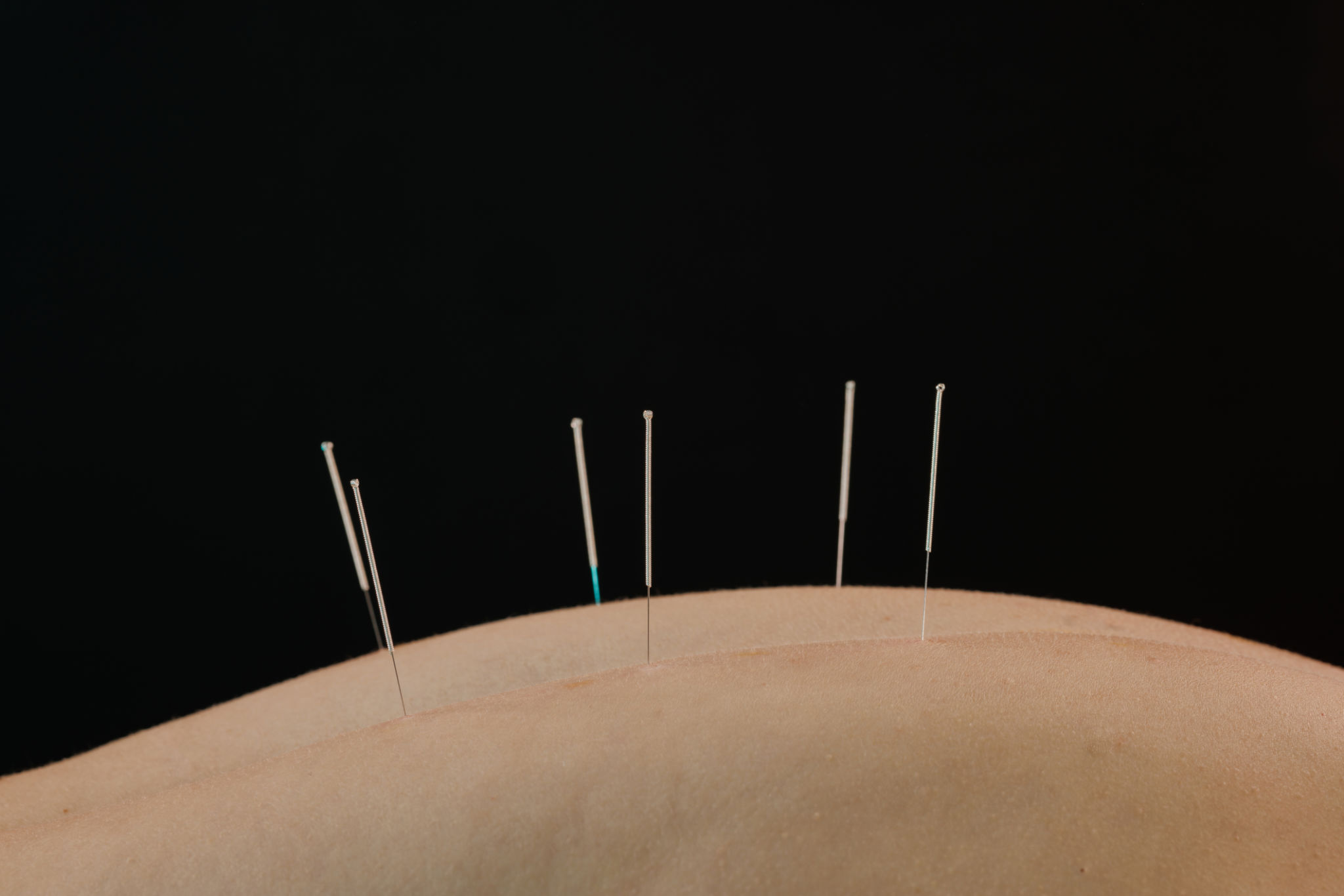How Holistic Medicine Differentiates From Traditional Practices
Understanding Holistic Medicine
Holistic medicine is an approach to healthcare that considers the whole person, emphasizing the connection between mind, body, and spirit. Unlike traditional practices that often focus solely on treating symptoms, holistic medicine seeks to address the underlying causes of illness and promote overall well-being. This comprehensive approach can involve a variety of techniques, including natural therapies, lifestyle adjustments, and alternative practices.
One of the defining features of holistic medicine is its patient-centered focus. Practitioners spend a considerable amount of time understanding the patient's lifestyle, emotional state, and personal circumstances. This allows for the development of a personalized treatment plan that aims to restore balance and health holistically.

Principles of Traditional Medicine
Traditional medicine, often referred to as Western medicine, predominantly focuses on diagnosing and treating specific ailments or diseases. It relies heavily on medical interventions such as pharmaceuticals, surgery, and other advanced technologies to alleviate symptoms and cure diseases.
The strength of traditional medicine lies in its scientific approach and evidence-based practices. This system has been instrumental in managing acute conditions, infectious diseases, and emergencies. Its structured methodology enables practitioners to quickly address health issues with precision and effectiveness.
Key Differences Between Holistic and Traditional Practices
While both holistic and traditional medicine aim to improve patient health, they differ significantly in their methods and philosophies. Here are some key differences:
- Focus: Holistic medicine emphasizes prevention and wellness, while traditional medicine often focuses on treating existing conditions.
- Approach: Holistic practitioners may use natural remedies, nutrition, and lifestyle changes, whereas traditional doctors commonly prescribe medications and procedures.
- Perspective: Holistic medicine considers emotional and spiritual factors, while traditional medicine primarily focuses on physical symptoms.

Integrating Holistic Practices into Traditional Medicine
Many healthcare providers are beginning to recognize the benefits of integrating holistic practices into traditional medical care. This integrative approach combines the strengths of both systems to provide comprehensive patient care. By incorporating holistic methods such as acupuncture, meditation, and yoga, practitioners can enhance patient outcomes and promote overall well-being.
Patients often report improved satisfaction and health outcomes when holistic practices are included in their treatment plans. This synergy allows for a more personalized healthcare experience, where patients play an active role in their health journey.

Choosing the Right Approach for You
Deciding between holistic and traditional medicine can depend on various factors, including the nature of the health issue, personal beliefs, and preferences. It's important to consider the benefits and limitations of each approach and consult with healthcare professionals to make informed decisions.
For those interested in exploring holistic medicine, it's advisable to seek practitioners with proper credentials and experience. Similarly, when requiring traditional medical interventions, ensure that you have access to qualified and reputable healthcare providers.
Ultimately, the goal is to achieve optimal health and well-being. Whether through holistic practices, traditional methods, or a combination of both, understanding your options empowers you to take charge of your health.